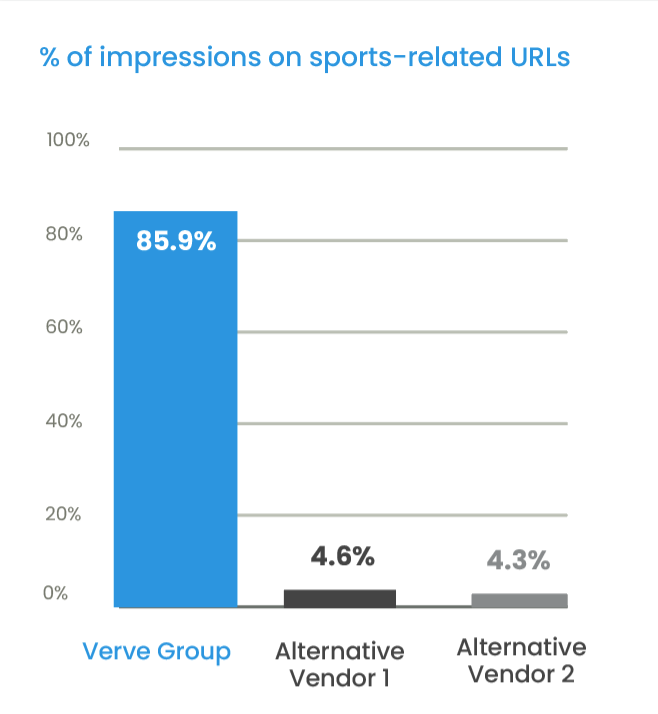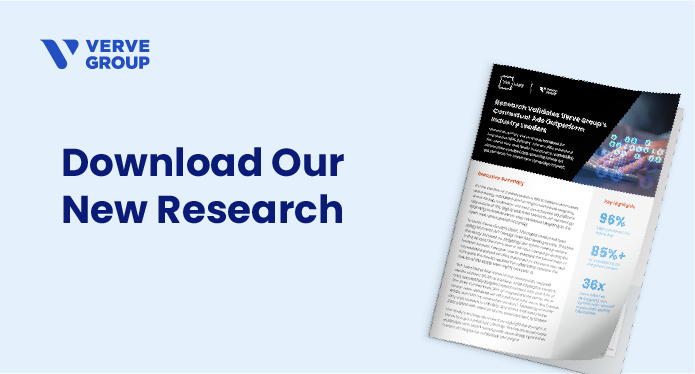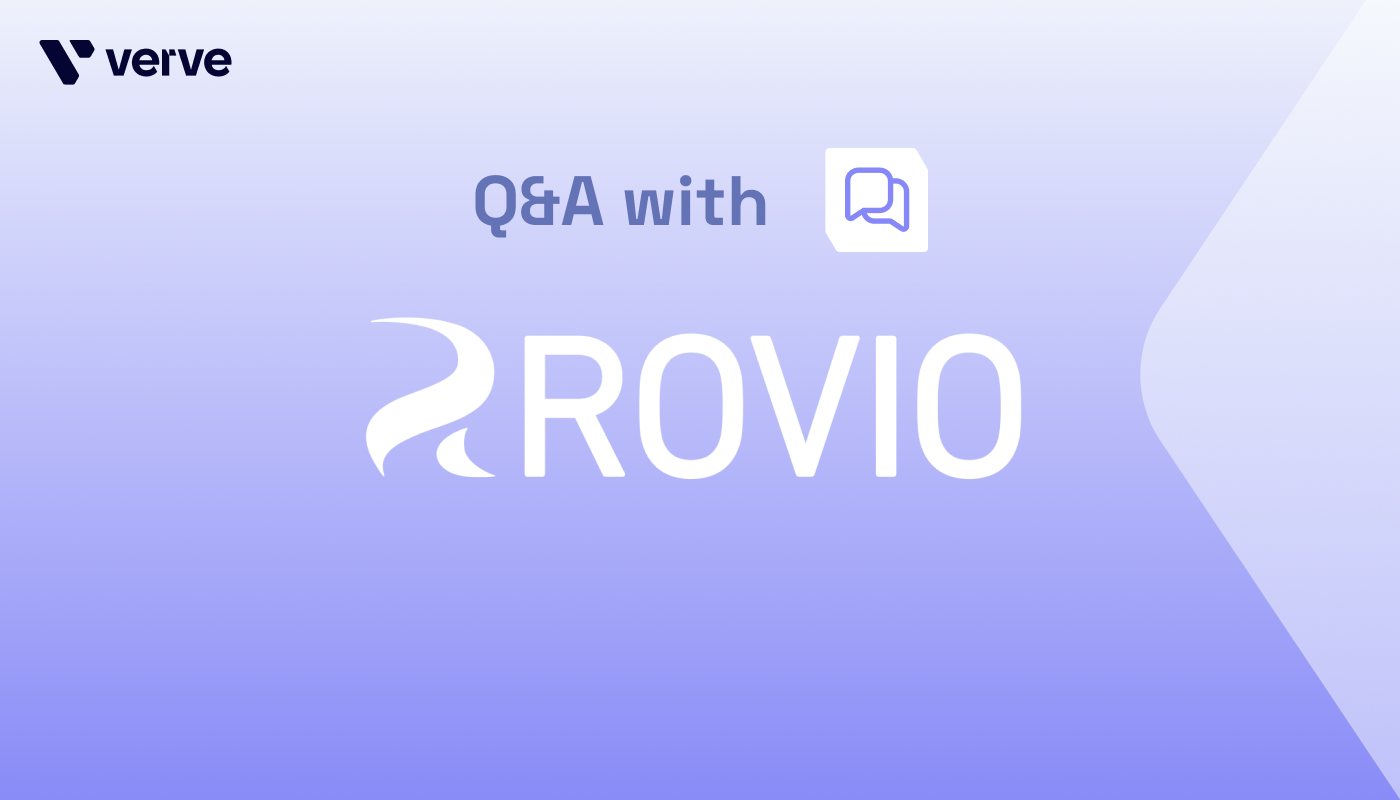When you step away from the creative, the marketing, and the pretty pictures that we use in ad tech, the services that our industry delivers are rather homogenous. I work with some of the world’s most incredible people with remarkable insights, yet I often like looking at the things I do from a 30,000-foot point of view. How much different does the technology that Verve delivers differ from our peers?
We all talk about privacy and value transparency in one form or another. We all talk about business outcomes and value-add in one form or another. And for those that provide contextual targeting, we talk about how our technology and platform delivers a brand’s content at the point when media, data, and technology come together.
When I fly down to the granularity of our business to look at how Verve truly differentiates itself, the proof is in the pudding. There is a ton of substance beyond the style — and most importantly, there is truth and trust to be found in what we do.
It’s not enough for us to tout differences…
Like any finely tuned machine, Verve has been conducting different exercises to validate where and how it holds competitive advantage. One piece of technology that I have tremendous interest in is Moments.AI™, Verve’s contextual targeting solution. While contextual targeting is not a new advertising construct, it has received a lot of new interest with third-party cookie depreciation looming on the horizon. We asked ourselves a rather simple question: How much better is our contextual solution than those of our competitors?
Better yet, we also asked TPA Labs to help us independently answer the question and verify our claims that we hold some advantage over industry peers.
- We asked for answers because we know what contextual targeting can do when it is used effectively. For contextual targeting to work, new web pages must be crawled and classified to determine the content’s topic; this process typically takes over 24 hours. Immediacy matters — and recency is a key variable for attention and engagement.
- But, most new web content is news articles — its shelf life is short. According to RTB House, 74% of new articles on the internet see traffic peak on the day it is published. A further 25% peak the day after it is published.
Verve went to TPA Labs claiming that Moments.AI™ can contextually target content on the open web on the same day as the content is published. We have been able to show how this could enable advertisers to advertise alongside highly relevant new content while it was attracting large audiences. Now, we wanted someone else to say it for us, independently of our point of view or position.
TPA conducted a 24-hour campaign targeting new sports-related content in the UK and Germany. Running the campaign for 24 hours on a Saturday during the football season meant there would be lots of relevant content published, and provided a clear timeframe within which the content had to be published. To measure the success of Moments.AI™, we would determine the percentage of impressions that were served on URLs published on the Saturday, and compare it against the same metric of the two alternative vendors.
…unless others can tout them with us.
Thankfully, TPA Digital independently verified that Verve’s contextual ad targeting is more accurate at targeting new and relevant content than leading alternatives.

Put another way, nearly 45% of impressions delivered as part of this test were wasted. Verve was able to show its efficiency by reducing waste and delivering stronger impact and ROI.
Not only were we wowed, but we also got to wondering how many contextually-targeted programmatic advertising campaigns fail to deliver against their most basic objectives.
If I am an agency planner, strategist or brand manager, I would want to know the validity of any associated ad spend. The TPA Digital test proves that if brands want to better connect with consumers through contextually-relevant advertising, they must commit to working more closely with partners to earn full value from technologies available to them.
I invite you to learn more about the research and explore our findings.
The industry has seen the power of contextual targeting, but Verve wants to wield that power in more exciting ways, all for client benefits. The best part of contextual targeting is how it helps capture the meaningful moments that matter to brands and customers. When we are successful doing that, everyone wins faster. Ask us how we do it — and do it well.








